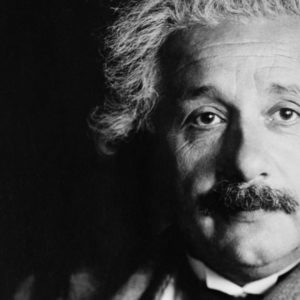Al was a chemist, engineer, inventor, businessman, and philanthropist. Born on October 21, 1833 in Sweden, later moving to Paris, Al grew up a devote Lutheran. His faith was always important to him, as he learned to lean on it during times of struggle. His most perplexing struggle came later in life when he realized one of his inventions had caused more harm than he could have ever imagined.
In 1867, Al patented an invention that truly changed the world. He discovered that when nitroglycerin was incased in an absorbent insert like kieselguhr that it became much safer to handle. Up to this point, nitroglycerin had been used as an explosive but it was so dangerous that many times it killed or maimed its handler. In submitting his patent, Al decided to name his new invention after the Greek word for power, dynamite.
Decades later, there was another scientist named Al who discovered a formula that was later used to create the atomic bomb. Albert Einstein’s, Theory of Relativity, e=mc2, was crucial to those working on the bomb during World War II. In his biography on Einstein, Walter Isaacson, notes that when hearing about the dropping of the bombs on Hiroshima and Nagasaki, Einstein grew somber knowing his formula resulted in such catastrophic death.
Isaacson notes, “Einstein’s efforts to prevent future death were motivated not only by his old pacifist instincts but also, he admitted, by his guilty feelings about the role he had played in encouraging the atom bomb project” (Isaacson, 490). After the war, Einstein gave a speech at a dinner in New York City on a cold December night. The aging theorist admitted he felt a great kinship with the scientist for which the event was named after, The Alfred Bernard Nobel Peace Prize Gala.
Alfred Nobel created the peace prize “to atone for having invented the most powerful explosives (dynamite) ever known to his time” (Isaacson, 490). Einstein felt as though he were in a similar situation, “Today, the physicists who participated in forging the most formidable and dangerous weapon of all times are harassed by an equal feeling of responsibility, not to say guilt” (ibid.).
How often do we carry around these same feelings? How many times have we been part of something that felt right at the time, only to produce unknown consequences we wish had not occurred? How many times have we made a mistake we wish we could go back and change, but realize we must now live with the consequences? For those of us that carry these burdens over our shoulders, there is hope. Like Nobel and Einstein, we too can live with our pasts as we strive after justice and peace for the future. Listen to the words of James 3:17-18, “But the wisdom from above is first pure, then peaceable, gentle, willing to yield, full of mercy and good fruits, without a trace of partiality or hypocrisy. And a harvest of justice is sown in peace for those who make peace.”

